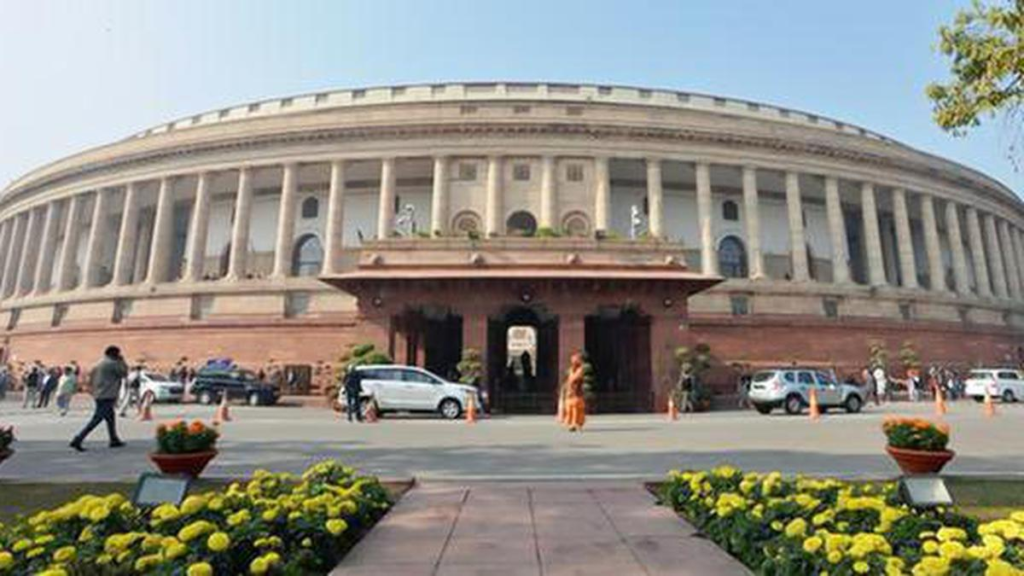ADVERTISEMENT
Get businessline apps on
Connect with us
TO ENJOY ADDITIONAL BENEFITS
Connect With Us
Get BusinessLine apps on
By Shishir Sinha![]() Comments
Comments
READ LATER
Individuals remitting money abroad for purposes other than tuition fees, as well as fintech companies, start-ups, and insurance companies, should closely monitor the proceedings of the Lok Sabha when it resumes the Budget session on Monday. There is a possibility of disappointment for them.
After a month-long recess, when Parliament reconvenes to sit till April 6, provisions related to these entities will come up as part of the Finance Bill — the most anticipated legislation — along with 26 other Bills to be taken up in these proceedings.
Besides all the tax provisions in the Finance Bill, which has already been introduced on the day of the presentation of the Budget, there are specific ones related to revised Tax Collected at Source (TCS) structure for money remitted abroad, another on angel taxation, and another one related with withdrawal of exemptions on maturity benefits of life insurance policies in case of annual premium of ₹5 lakh or more.
“All these proposals are unlikely to see any change,” a senior Finance Ministry official told businessline. These proposals were included in the Finance Bill after a lot of considerations; he added while emphasising that all possible apprehensions have been addressed. “We will come out with a detailed circular on each of issues, once the Finance Bill is enacted,” he said.
The revised TCS regulations have maintained the 0.5 per cent rate for amount over ₹7 lakh that are being remitted for education loans and 5 per cent for amount exceeding ₹7 lakh intended for education and medical treatment purposes. However, the rate has been raised to 20 per cent without any threshold for overseas tour packages or any other case, which may include purchase of shares or real estate abroad.
Watch: Budget 2023-24: Key Takeaways
According to experts, when someone goes abroad for studies, there are expenses on living and others over and above the tuition fee. Ideally, these should also be also considered as part of education. In the case of fintech companies, experts feel, business of share and other assets purchased from abroad may be affected. The Income Tax Department has already assured that genuine concerns will be addressed. Also, onus will be on the taxpayers to prove that amount being remitted is for education purpose.
Another provision concerning start-ups is related with angel tax. The Budget proposed that the extra premium received by an unlisted company in India by the sale of shares to a foreign investor will be recognised as “income from other sources” and will be taxed. As per the rule, any extra premium that the investor pays over the start-up’s fair market value (FMV) will attract a 20 per cent tax. Here, government has already clarified that this will not be applicable on start-ups that are recognised by DPIIT (Department for Promotion of Industry and Internal Trade).
New provision related with insurance premium says maturity proceeds of life insurance policy (other than ULIP) net of premiums paid on such policy, will be taxable as income from other sources in cases where the insurance premium paid on such policy exceeds ₹5 lakh in a financial year. “How many policyholders are in this category?,” the official quoted above asked. Also, he raised concern as why such high spender should get the benefit of EEE (Exempt-Exempt-Exempt) regime.![]() Comments
Comments
BACK TO TOP
Comments have to be in English, and in full sentences. They cannot be abusive or personal. Please abide by our community guidelines for posting your comments.
We have migrated to a new commenting platform. If you are already a registered user of TheHindu Businessline and logged in, you may continue to engage with our articles. If you do not have an account please register and login to post comments. Users can access their older comments by logging into their accounts on Vuukle.

